Practical guidance for freshers aiming to start a career as a Salesforce Administrator — roles, core responsibilities, and actionable tips to get hired.
Overview
The Salesforce Administrator plays a critical role in keeping an organisation’s CRM running smoothly. As a fresher, you’ll often start in support-focused or junior admin roles where you learn platform configuration, user management, reporting, and data hygiene.
Common Entry-Level Salesforce Admin Roles
Here are typical positions freshers may apply for and what they generally involve:
- Junior Salesforce Administrator — user management, page layouts, reports, dashboards, and basic data imports.
- Salesforce Admin Intern — support tasks, documentation, learning configurations under supervision.
- Salesforce Support Specialist — first-line troubleshooting, knowledge base updates, and user training.
- Salesforce Data Analyst — data cleanup, reporting, and dashboard support.
- Salesforce Trainee — structured learning, shadowing experienced admins, and Trailhead practice.
Actionable Tips to Secure Your First Admin Job
Follow these practical steps to increase your chances:
- Gain hands-on practice — use Salesforce Developer Edition to build sample objects, automation, and reports; volunteer with nonprofits to get real-world experience.
- Earn and showcase badges — complete Trailhead modules and include them on your resume and LinkedIn.
- Build a strong online presence — craft a professional LinkedIn profile that highlights certifications, projects, and measurable outcomes.
- Network strategically — join local Salesforce user groups, online communities, and attend Dreamforce or local meetups.
- Tailor your resume — highlight relevant skills, certifications, and quantify any impact (e.g., improved data accuracy by X%).
- Prepare for interviews — rehearse common admin scenarios (user permissions, record-level security, automation troubleshooting) and be ready for scenario-based questions.
Common Interview Topics to Prepare
- User and profile management, permission sets
- Data import/export and data quality best practices
- Automation tools: Workflow, Process Builder (legacy knowledge), Flow
- Reporting, dashboards, and key metrics
- Basics of declarative vs programmatic solutions and when to escalate to developers
Best Practices for Early Career Growth
- Keep learning: pursue the Salesforce Certified Administrator credential.
- Document your work: maintain a portfolio of configurations, screenshots, and process notes.
- Seek mentorship: shadow senior admins and ask for feedback after tasks or projects.
- Focus on communication skills: admins often act as translators between business and technical teams.
Conclusion
Starting as a Salesforce Admin is an achievable and rewarding career path. By combining hands-on practice, Trailhead learning, networking, and clear, measurable examples of your work, freshers can move quickly from trainee roles to full-fledged administrators.
Why this matters: Companies rely on skilled administrators to maintain CRM health, enable sales and service teams, and drive data-driven decisions — which makes entry-level admin roles a strong foundation for long-term career growth for admins, developers, and business users.


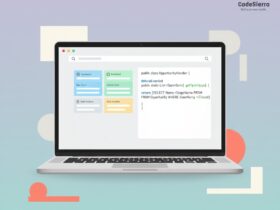
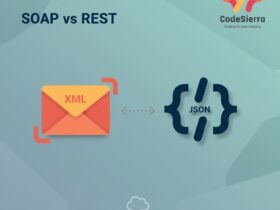
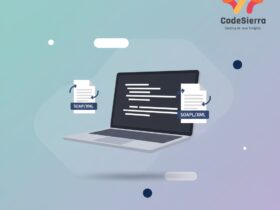
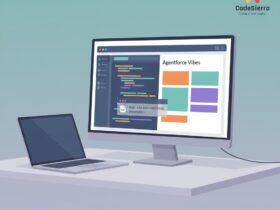
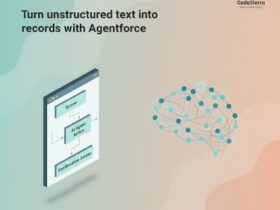


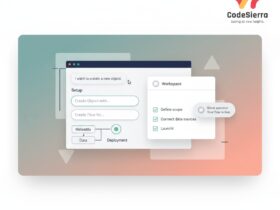
Leave a Reply